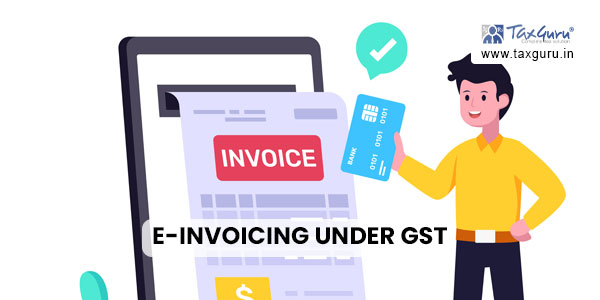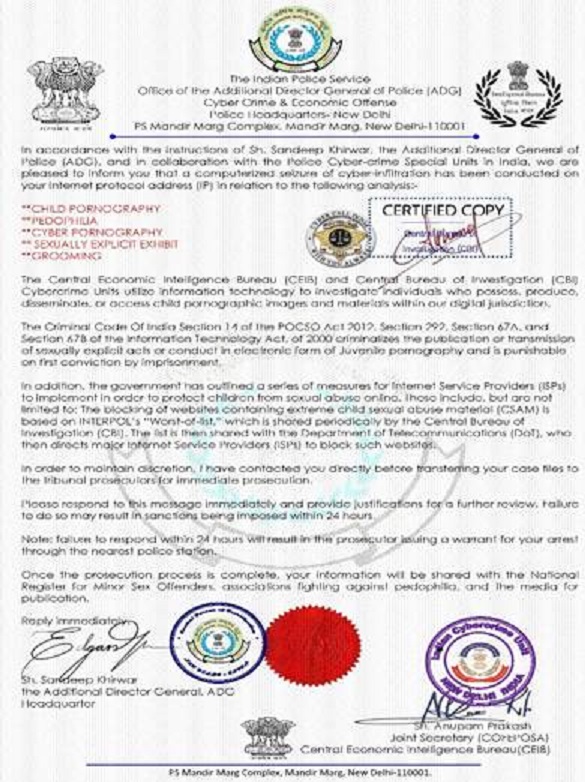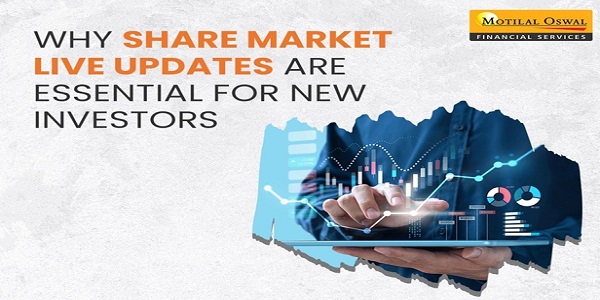Introduction
In line with the plan of phase wise implementation of e-invoicing, the turnover threshold has been brought down to Rs. 5 crores w.e.f. 01-Aug-23. This is a big change not only because the number of taxpayers coming under the purview of e-invoicing will be significantly larger than the previous phases, but also because the accounting systems of many businesses in this phase may not be as sophisticated as their larger counterparts. Afterall, a proprietary trading concern with a single accountant is also achieving an annual turnover of Rs. 5 crores quite easily. For most of such taxpayers, the ‘fear of unknown’ is bigger than the ‘fear of implementation’ when it comes to e-invoicing. Therefore, I thought it fit to make a short ‘Quick Start Guide to e-invoicing’ which provides the most important information to get you started with the e-invoicing journey.
Purpose of this article
This article aims to provide the practical and important information relating to e-invoice in a concise manner to alleviate the fear of e-invoicing in the minds of the taxpayers. It does not purport to cover the entire gamut / legal provisions relating to e-invoicing or the process of generating an e-invoice. Detailed user manuals, presentations and videos for step-by-step guidance on how to generate e-invoice are available on the e-invoice portal.
Background
Notification No. 10/2023-Central Tax dated 10-05-2023 has been issued to reduce the threshold limit of aggregate turnover for applicability of e-invoicing to ₹5 crores w.e.f. 1st August 2023.
Starting 1st August 2023, taxpayers having aggregate turnover of ₹5 crores or more in any of the financial years from 2017-18 to 2022-23 shall be required to report the details of their B2B invoices and B2B debit / credit notes on the e-invoicing portal and generate an Invoice Reference Number (IRN).
What is e-invoicing?
It is not a separate system of invoicing. It is merely the process of reporting your invoice details (prepared through your billing system) on the Invoice Registration Portal (IRP) and obtaining an Invoice Reference Number (IRN) and QR code from the portal. This IRN along with the QR code is to be printed on your invoice. An invoice containing the IRN and QR code is referred to as an “e-invoice”.
Necessary changes to the accounting / billing software / ERP will be made by the concerned service provider whereby your software will generate IRN and QR code using the e-invoice portal. In most cases, the software undertakes this task at the backend and the taxpayer is only required to verify the details before generating IRN.

Exemption from e-invoicing
Following persons are exempt from applicability of e-invoicing provisions even if their turnover exceeds the threshold limit:
- Government department
- Local authority
- SEZ units
- Insurers
- Banking companies or financial institutions including NBFC
- Goods Transport Agency (GTA) supplying services in relation to transportation of goods by road in a goods carriage
- Suppliers of passenger transportation service
- Suppliers of services by way of admission to exhibition of cinematograph films in multiplex screens
- Persons registered in terms of Rule 14 of CGST Rules (OIDAR service providers)
In terms of the FAQs as well as Circular No. 186/18/2022-GST dated 27th December 2023, it has been clarified that the exemption from e-invoicing is with respect to the entity and not with respect to the transaction, which means that a banking company involved in banking services as well as sale of goods (such a bullion) is not required to issue e-invoice in respect of any supply made by it. Similarly, a taxpayer engaged in the business of supply of any goods or services along with supply of GTA services is not required to issue e-invoice in respect of any supply made by it.
All such taxpayers whose turnover exceeds the threshold limit for e-invoicing (₹5 crores w.e.f. 01/08/2023) but who are exempt from issuing e-invoice are mandated to mention the following declaration on their tax invoice:
I/We hereby declare that though our aggregate turnover in any preceding financial year from 2017-18 onwards is more than the aggregate turnover notified under sub-rule (4) of rule 48, we are not required to prepare an invoice in terms of the provisions of the said sub-rule’
Important points to remember relating to e-invoice:
1. E-invoicing is applicable to invoices, debit notes and credit notes issued to registered persons (commonly known as B2B transactions). It is not applicable to B2C invoices, debit notes and credit notes as of now.
2. E-invoicing is applicable to export of goods or services or both.
3. As per rule 48(5) of the CGST Rules, any invoice to which the provisions of e-invoicing apply, and which does not contain IRN shall not be considered as an invoice. Legal consequences of supplying goods and/or services without issuing an invoice as well as ineligibility of ITC in the hands of the recipient shall follow.
4. Provisions relating to preparation of invoice in triplicate for supply of goods and in duplicate for supply of services are not applicable to an e-invoice.
5. Ideally, e-invoice must be generated immediately after preparing the manual invoice and before issuing it to the customer. While the e-invoicing portal presently allows to generate IRN for old invoices without any time limit, such time limit may be put in place in the near future.
6. Only a unique invoice number is accepted by the e-invoice system, which means that an invoice number cannot be reported more than once on the e-invoice portal.
7. IRN, once generated, cannot be modified or deleted. However, if IRN is generated with wrong information, it can be cancelled within 24 hours of its generation. Once cancelled, the same document (with same document number) cannot be reported again for generation of IRN. Therefore, in case of a mistake / incorrect or wrong entry in the e-invoice, the only available option is to cancel that invoice / IRN within 24 hours and report a new document (with new number) and generate a fresh IRN.
8. As per the e-invoice process document on NIC hosted on the e-invoice portal, IRN can be cancelled if there is no active e-way bill for the invoice. Hence, where e-way bill is not generated or it is generated and later cancelled, only then the IRN can be cancelled.
9. In case your accounting / billing software does not have the provision for generating IRN, you may use the bulk generation facility made available on the e-invoice portal. In this method, a JSON file generated using the Excel based offline tool is to be uploaded on the e-invoice portal.
10. On fulfilment of prescribed conditions, the obligation to prepare and issue e-invoice lies with the concerned taxpayer. As a facilitation measure, the e-invoice portal automatically enables e-invoicing for taxpayers who have crossed the prescribed turnover as per the data available on the GST portal. In case any taxpayer who is required to issue e-invoice but is not enabled on the e-invoice portal, a facility has been provided whereby they can make an online declaration regarding turnover and request for enabling on the portal for the required GSTIN.
11. E-invoicing portal can be accessed using the link: https://einvoice1.gst.gov.in/
12. E-invoicing enablement status of a taxpayer can be checked by entering the GSTIN using the following link: https://einvoice1.gst.gov.in/Others/EinvEnabled
13. NIC has issued a list of GSTINs who are issuing e-invoices. The same can be downloaded from https://einvoice1.gst.gov.in/Others/GSTINsGeneratingIRN
14. Detailed FAQs have been hosted on the e-invoice portal which can be accessed using the following links:
- Legal / procedure related FAQs: https://www.gstn.org.in/einvoice-faqs
- Technology / Portal / APIs related FAQs: https://einvoice1.gst.gov.in/Others/Faqs




























